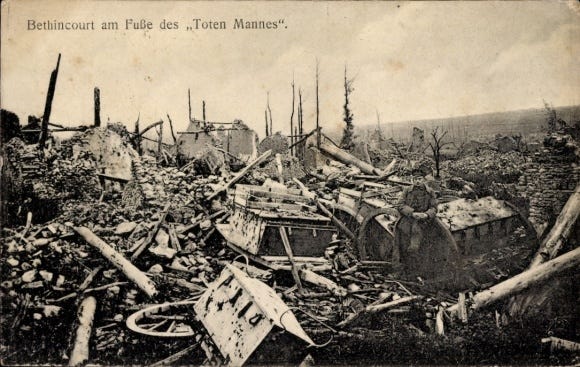Mid-June 1942.
Summary:
Alexander Schmorell embraces his “Otherness,” especially regarding Russian immigrants in Munich. This part of his life is all but off-limits to his White Rose friends.
Otl Aicher hears about a major German victory in Kharkiv. He goes to the battlefield to see if it measures up to his father’s tales of his adventures in the first World War, or to his teachers’ lessons about the sanctity of war and the glory of death on the battlefield. What he finds disgusts and revolts him. His description is gruesome, although PG-rated.
At the same time Otl views Kharkiv, Heinrich Himmler wraps up the annihilation of the Jewish population in the Crimea. His June 17, 1942 report to Berlin details the execution of Heydrich’s 1941 directive. 65,000 Jews and 6,000 Krimchaks were murdered in cold blood.
Manfred Eickemeyer tells the students in Munich of the atrocities he’s aware of from his position in Cracow. His account makes them angry enough to finally take action.
In the second half of June 1942, Christoph Probst, Alexander Schmorell, Hans Scholl, and Sophie Scholl take that anger and turn it into concrete plans to write, duplicate, and distribute leaflets. They know they must inform the right people about the atrocities, they must convince people in power to alter course, and they had to figure out how to generate a leaflet that people would read.
Why This Matters:
We cannot and should not assume that just because people know the truth about crimes against humanity, that they will take action.
Otl Aicher’s contemplations regarding war grow ever more relevant.
In your own political development, can you point to a single thing that pushed you over the edge and made you determined to get involved? Please share in the comments.
White Rose History, Volume II, pages 58-60.
Notes and references available only to paid subscribers.
Listen to this episode with a 7-day free trial
Subscribe to Why This Matters to listen to this post and get 7 days of free access to the full post archives.












